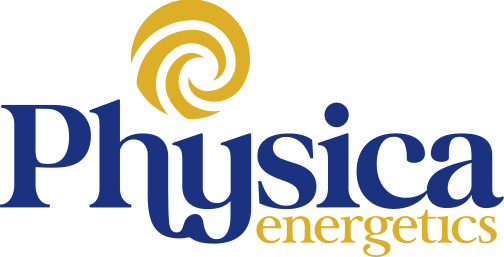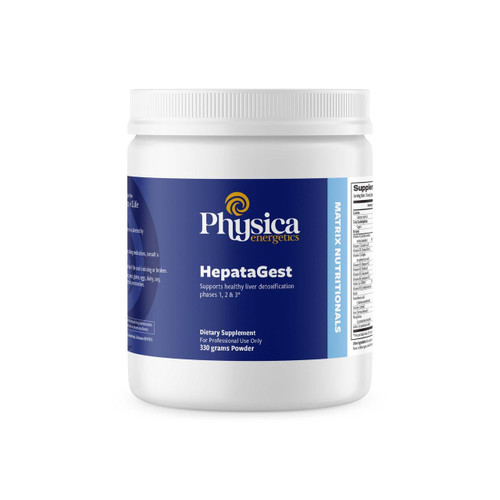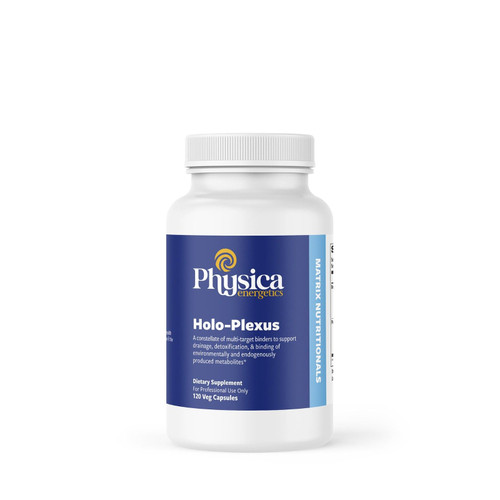Thyro LF
90 Veg Capsules
Supports thyroid, adrenal & immune function.*
Gluten Free
BPA-Free
- SKU:
- 131870
- Serving Size: 3 Capsules
- Servings Per Container: 30
Active Ingredients
- Iodine (as potassium iodide, from kelp), 150 mcg 67%
- Zinc (as zinc amino acid chelate), 2.5 mg 23%
- Selenium (as selenomethionine), 55 mcg 100%
- Manganese (as manganese amino acid chelate), 1 mg 44%
- Chromium (as chromium polynicotinate), 100 mcg 286%
- Thyroid (lyophilized bovine), 200 mg **
- Pituitary (lyophilized bovine), 20 mg **
- Hypothalamus (lyophilized bovine), 20 mg **
- Ashwagandha (root) Withania somnifera powder, 400 mg **
- Bacopa monnieri extract (20% bacosides), 300 mg **
- Bladderwrack kelp (fucus vesiculosus), 250 mg **
- Guggul gum extract (2.5% guggulsterones) (Commiphora Mukul), 100 mg **
- Coleus forskohlii extract (10% forskohlin) (Plectranthus barbatus), 50 mg **
- N-acetyl-L-tyrosine, 500 mg **
Other Ingredients
Gelatin (capsule), vegetable stearate, silica
Usage Direction
3 capsules daily or as directed by a health care practitioner.
*These statements have not been evaluated by the Food and Drug Administration. This product is not intended to diagnose, treat, cure, or prevent any disease.
Aperture Energetics and Physica Energetics are not medical facilities, nor do we provide any medical advice on any of the products. Our supplements are intended to be used under the close supervision and direct care of a licensed or certified healing arts professional. Products are only sold through licensed or certified healing arts practitioners. Aperture Energetics and Physica Energetics offer this information with the expectation that practitioners shall use their own discretion, perform their own research, and rely on their own clinical experience and practice according to their scope of practice and the limits of their license or certification.

Thyro LF
This product has been added successfully


Need some advice? Speak to an advisor
More details
Devoted to causal chain remedy formulation
More details









